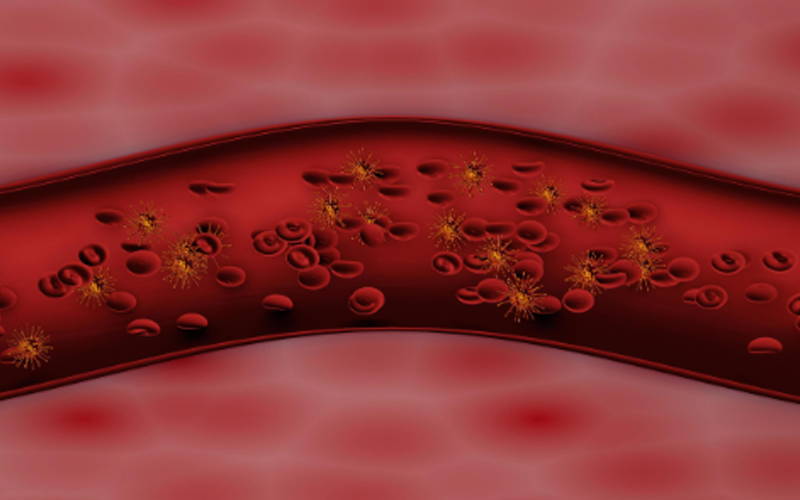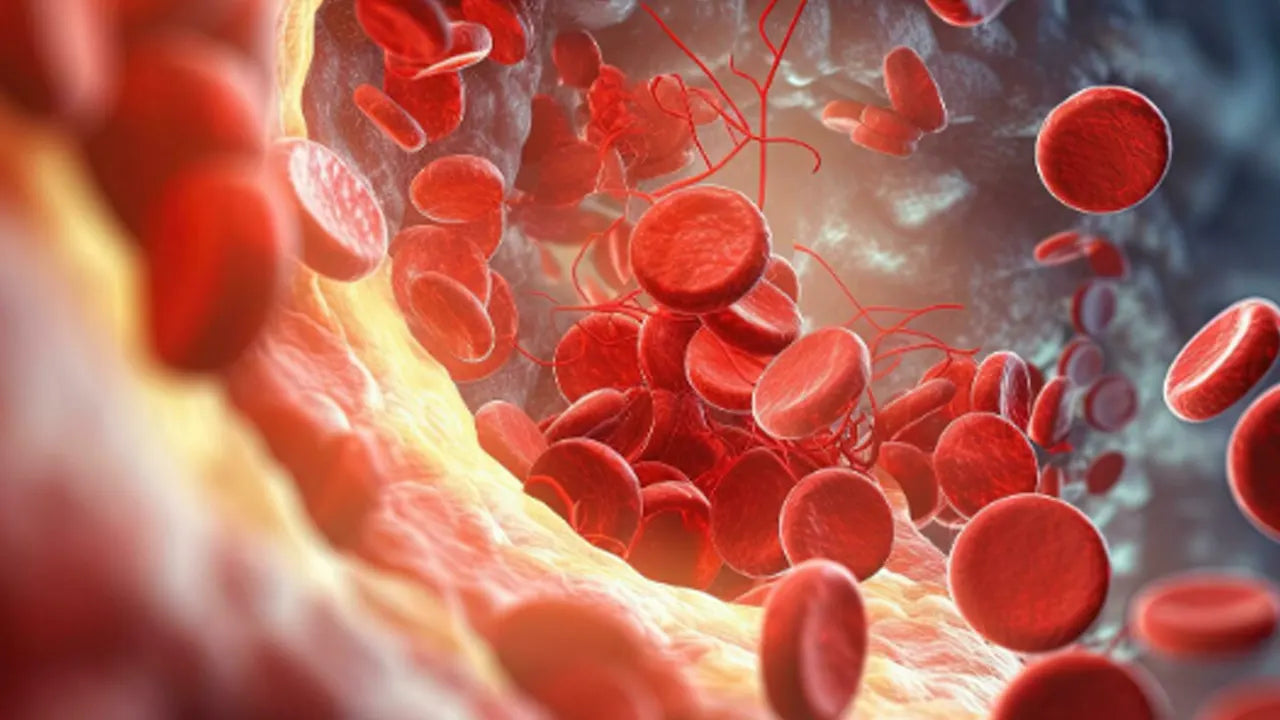Do you know what’s silently lurking in your bloodstream, potentially increasing your risk of heart disease? High cholesterol. But fear not, because understanding and managing this sneaky condition is possible! Join us on this journey to explore the symptoms, causes, and solutions for high cholesterol, including the high cholesterol treatment diet. Learn how to take control of your heart health with the treatment for high cholesterol today.
Short Summary
- Understanding high cholesterol involves being aware of the roles of LDL and HDL cholesterol.
- Lifestyle changes, such as quitting smoking, exercising regularly and maintaining a healthy diet can help reduce cholesterol levels.
- Regular checkups are essential for managing high cholesterol in the long term.
Understanding High Cholesterol

- Dietary habits
- Body weight
- Physical exercise
- Familial background
- Smoking
LDL Cholesterol
HDL Cholesterol
- Regular exercise
- A nutritious diet
- Refraining from smoking
- Refraining from heavy alcohol consumption
Identifying High Cholesterol

Blood Test for Cholesterol
Risk Factors
- Poor diet
- Obesity
- Inactivity
- Family history
- Smoking
- Inactivity: An inactive lifestyle can result in an increased intake of fatty and sugary foods.
- Family history: Genetic factors can raise the risk of high cholesterol.
- Smoking: Smoking can also increase the risk of high cholesterol.
Lifestyle Changes for Lowering Cholesterol

Healthy Diet
- Oatmeal
- Quinoa
- Barley
- Wheat berries
- Flaxseed
- Couscous
- Polenta
- Millet
- Bulgur
- Whole wheat
Exercise and Weight Management
- Brisk walks
- Jogging
- Cycling
- Swimming
- Yoga
Limiting Alcohol and Quitting Smoking
- hard liquor
- beer
- mixed drinks
- excess red wine
Medical Treatment For High Cholesterol

- Statins: a type of medication that assists in reducing cholesterol levels by inhibiting the production of cholesterol in the liver.
- Bile acid-binding resins: medications that work by binding to bile acids in the intestines, preventing them from being reabsorbed into the bloodstream and ultimately reducing cholesterol levels.
- Cholesterol absorption inhibitors: medications that block the absorption of cholesterol from the diet, helping to lower cholesterol levels.
- PCSK9 inhibitors: a newer class of medications that work by blocking a protein called PCSK9, which helps regulate cholesterol levels in the blood.
Statins
Other Medications
- Bile acid-binding resins: These bind to bile acids in the intestines, hindering their reabsorption into the bloodstream, and consequently leading to a decrease in cholesterol levels.
- Cholesterol absorption inhibitors: These work by blocking the absorption of cholesterol in the small intestine, reducing the amount of cholesterol that enters the bloodstream.
- PCSK9 inhibitors: These medications help lower LDL cholesterol levels by blocking the action of a protein called PCSK9, which plays a role in the regulation of LDL receptors on liver cells.
Monitoring and Living with High Cholesterol

Cholesterol Check-ups
Long-term Management
- Adopting a nutritious diet
- Engaging in regular physical activity
- Maintaining an optimal weight
- Taking prescribed medications
- Staying informed about heart health
- Adhere to your healthcare provider’s advice concerning medications like statins or other cholesterol-lowering treatments
- Have regular consultations with your physician
- Monitor your cholesterol levels
- Stay updated with the latest research










